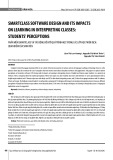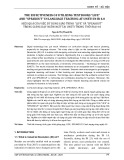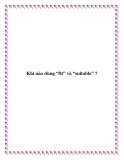
How to Lose Your Accent in (American) English
by Margaret Magnus
copyright by Margaret Magnus
all rights reserved
My Web Site
Margo's Magical Letter Page
Disclaimers:
Before I begin, I must warn you that I'm about the least competent
person to speak on this subject, because by now there's not a single
language I speak without an accent... including the ones I have spoken
since childhood. But in periods when I tried really hard, I've pretty much
managed to lose my accent in a few of them intermittently off and on...
until I got lazy and the whole thing became mush.
Be further warned that this little treatise won't help you at all with your
grammar. This is for the legions of you naturalized Americans who
actually speak English better than I do, but who have this irritating
accent you'd like to be free of. And it's for all you others too... who soon
will speak English better than I do. It's a good idea to get the accent right
from the start, if that matters to you.
First some general points:
1. Were you over 40 when you first learned to say 'hello' in English?
Everybody has told you all your life that it's in principle impossible to
lose or improve your accent? Wrong. Losing your accent does not






























